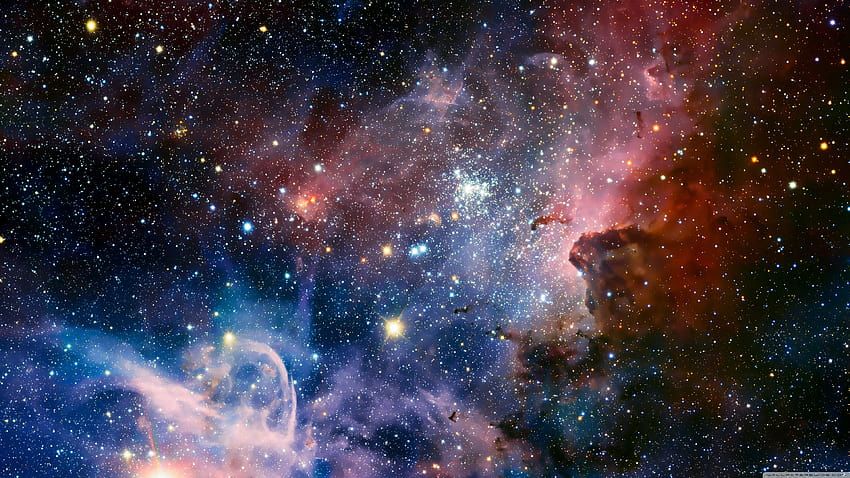Subjects similar to astronomy...
-
Astrophysics: Focuses on the physics of celestial bodies, their properties, interactions, and the laws of the universe.
-
Cosmology: Explores the origins, evolution, and structure of the universe as a whole, including topics like the Big Bang theory, dark matter, and dark energy.
-
Planetary Science: Studies planets, moons, asteroids, comets, and other celestial bodies within our solar system and beyond, including their composition, geology, and potential for life.
-
Space Exploration: Covers the history, technology, and future of human and robotic exploration of space, including missions to other planets, moons, and deep space.
-
Astrobiology: Examines the potential for life beyond Earth, including the study of extremophiles, planetary habitability, and the search for extraterrestrial intelligence (SETI).
-
Galactic Astronomy: Focuses on the structure, dynamics, and evolution of galaxies, including their formation, interactions, and classification.
-
Observational Astronomy: Teaches observational techniques and methods used in astronomical research, including telescopes, imaging techniques, and data analysis.
-
Exoplanetary Science: Studies planets orbiting stars other than the Sun (exoplanets), including their detection methods, characteristics, and potential habitability.
-
Astrochemistry: Investigates the chemical processes and compositions of celestial objects, including stars, planets, and interstellar medium.
-
Gravitational Astronomy: Explores the study of gravitational waves and their sources, providing insights into phenomena such as black hole mergers and neutron star collisions.
These subjects delve into different aspects of the universe, offering students opportunities to explore fascinating realms of science and discovery.